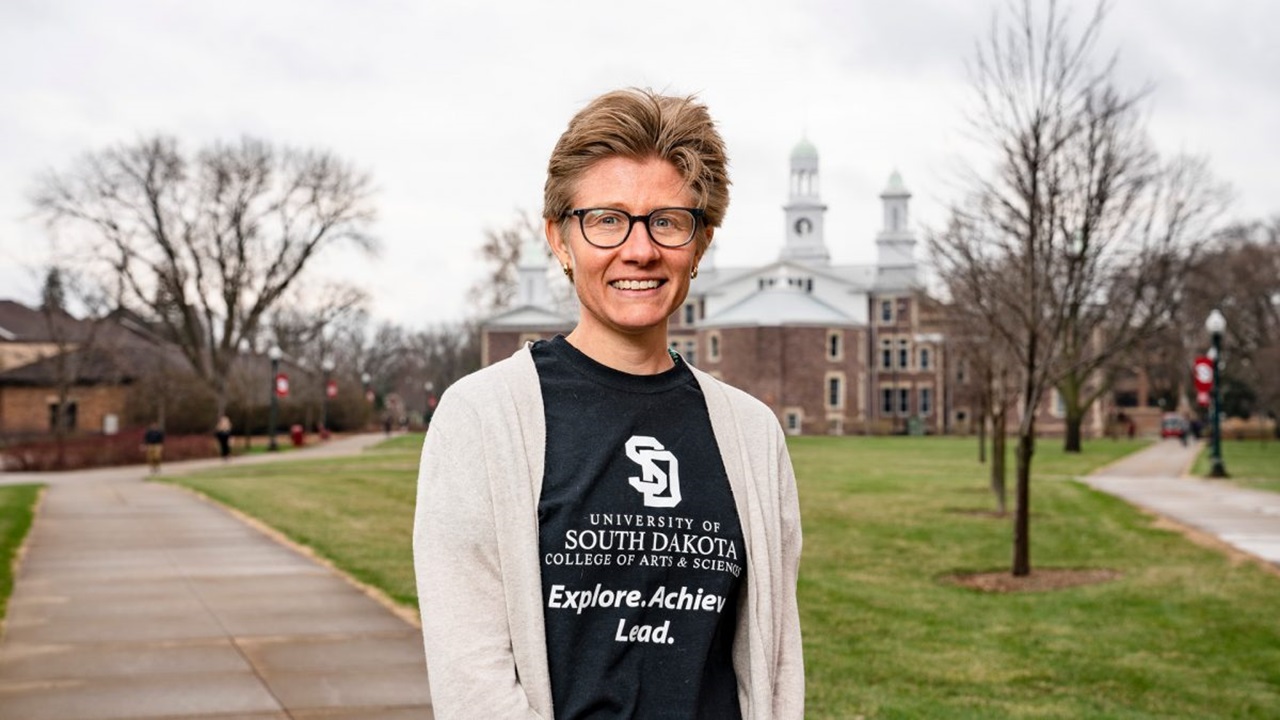Guest Column | Prentiss Clark

This semester meant many logistics: learning new technologies, teaching courses in new formats, developing new in-class activities to accommodate social distancing and students attending class via Zoom, helping students in various stages of illness or quarantine to complete coursework and being diligent about safety.
The biggest challenge, for me at least, has been figuring out how to enable class discussion when we can’t see each other’s faces or sit near to each other, and when speaking through masks – and hearing – is difficult. I’ve really become aware of what I took for granted in the classroom: reading faces; hearing well; walking (and jumping) around the room; asking students to write on the board or exchange papers or work in small groups; providing hardcopy handouts. Social distancing, masks and the necessary safety precautions limit the kinds of personal interactions that make a classroom lively and engaging.
I had fantastic students in both classes, but this semester has been the most challenging semester I have ever experienced. Almost everything about our experience in the classroom changed and, in many cases, required creative new solutions.
For example, every in-person class meeting also required Zoom for students who were in quarantine. It’s difficult for a discussion-based class to happen in a classroom and on Zoom at the same time, especially when people are spread out in a large room and speaking through masks. I’m a person who walks around the classroom and writes on all the boards available in the room, but that’s not visible to people on Zoom.
Zoom fatigue is real…but I’ve also learned that many universities and libraries and scholarly organizations are making lectures and events free and available to the public. We have access to writers, artists and scientists who we wouldn’t ordinarily have access to. I’m going to integrate more of these online opportunities into my classes next semester.
Clark has teaching and research interests in American literature, philosophy and literature, aesthetics, literature and civic life, and the craft of writing. Her book “Ralph Waldo Emerson: A Literary Companion”is forthcoming from McFarland Publishers and her articles have appeared in the James Baldwin Review, Nineteenth-Century Literatureand Arizona Quarterly. She is currently completing chapters for the “Oxford Handbook of Ralph Waldo Emerson” and the new “Cambridge Companion to Ralph Waldo Emerson,” and working on a monograph titled “Measures of Intimacy: Emerson to Du Bois to Baldwin.” Clark recently received USD’s Belbas-Larson Award for Excellence in Teaching (2019) and she currently serves as president-elect for the Ralph Waldo Emerson Society.
